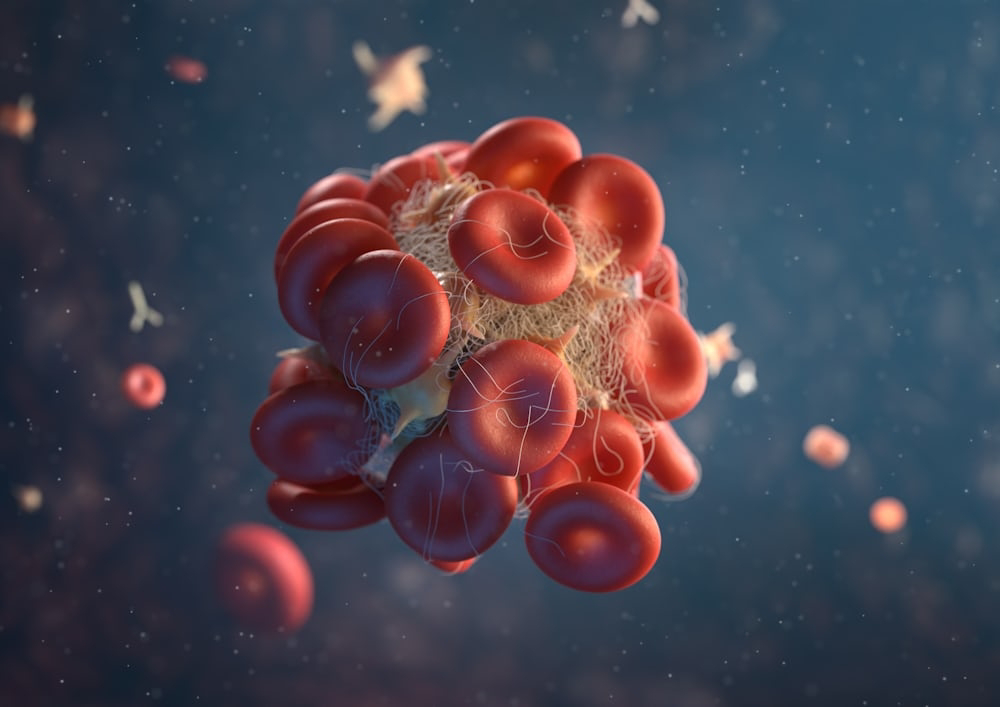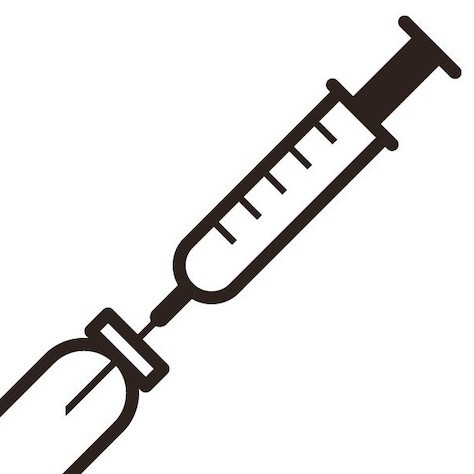Understanding Dihydrotestosterone (DHT): The Hormone and Its Impact
Dihydrotestosterone (DHT) is a hormone derived from testosterone, playing a critical role in the development and maintenance of male characteristics. Despite its importance, DHT is often associated with various health issues, particularly hair loss and prostate problems. This article delves into what DHT is, how it is produced, its physiological roles, and why its levels matter.
What is DHT?
DHT, or dihydrotestosterone, is an androgen, which is a type of sex hormone. It is a derivative of testosterone, created through the action of the enzyme 5-alpha-reductase. This enzyme converts testosterone into DHT in certain tissues, including the skin, liver, prostate, and hair follicles.
Production and Conversion
The process of converting testosterone to DHT involves 5-alpha-reductase enzymes (types 1 and 2). Type 1 is primarily found in the skin and liver, while type 2 is mainly in the prostate and hair follicles. This conversion is a key step in the amplification of androgenic activity, as DHT binds more strongly to androgen receptors compared to testosterone, making it more potent in its biological effects.
Physiological Roles of DHT
Development of Male Characteristics: During fetal development, DHT is crucial for the formation of male genitalia. It continues to play a significant role during puberty, influencing the development of secondary sexual characteristics such as facial hair, deepening of the voice, and increased muscle mass.
Prostate Health: DHT is vital for the growth and function of the prostate gland. However, its excessive levels can contribute to conditions such as benign prostatic hyperplasia (BPH) and prostate cancer.
Hair Growth: DHT has a dual role in hair growth. It promotes hair growth in body areas such as the chest and face but is also implicated in androgenetic alopecia (male pattern baldness) by miniaturizing hair follicles on the scalp.
Skin and Sebaceous Glands: DHT influences the sebaceous glands in the skin, regulating sebum production, which can affect skin health and conditions like acne.
Why DHT Levels Matter
The levels of DHT in the body must be carefully balanced. Both excessively high and abnormally low levels can lead to various health issues.
High DHT Levels
Hair Loss: High levels of DHT are strongly linked to androgenetic alopecia. DHT binds to receptors in hair follicles, causing them to shrink, weaken, and eventually stop producing hair.
Prostate Issues: Elevated DHT levels can lead to prostate enlargement, contributing to BPH and potentially increasing the risk of prostate cancer. Treatments that inhibit 5-alpha-reductase, such as finasteride and dutasteride, are often used to manage these conditions.
Skin Conditions: High DHT levels can increase sebum production, leading to oily skin and acne.
Low DHT Levels
Underdeveloped Male Characteristics: Insufficient DHT during fetal development can result in underdeveloped male genitalia and ambiguous genitalia. In adolescents, low DHT can delay or impair the development of secondary sexual characteristics.
Sexual Function: Low levels of DHT can affect libido and erectile function. Since DHT is crucial for sexual differentiation and function, its deficiency can lead to sexual dysfunction.
Mental Health: There is some evidence suggesting that low DHT levels can be linked to mood disorders and cognitive decline, although more research is needed in this area.
Monitoring and Managing DHT Levels
Regular monitoring of hormone levels can help manage conditions associated with abnormal DHT levels. Blood tests can measure DHT levels and guide treatment strategies. Approaches to manage DHT levels include:
Medications: Drugs like finasteride and dutasteride inhibit 5-alpha-reductase, reducing the conversion of testosterone to DHT and managing conditions like hair loss and BPH.
Lifestyle Changes: Diet and lifestyle can influence hormone levels. A balanced diet, regular exercise, and stress management can help maintain healthy hormone levels.
Natural Supplements: Some natural supplements, such as saw palmetto, have been suggested to lower DHT levels, though their efficacy may vary.
Dihydrotestosterone (DHT) is a potent androgen with significant roles in male development, prostate health, hair growth, and skin function. While essential for many physiological processes, imbalanced DHT levels can lead to various health issues, from hair loss to prostate enlargement. Understanding and managing DHT levels through medical and lifestyle interventions is crucial for maintaining overall health and well-being. Regular monitoring and appropriate treatment can help mitigate the risks associated with abnormal DHT levels.





Comments
Post a Comment